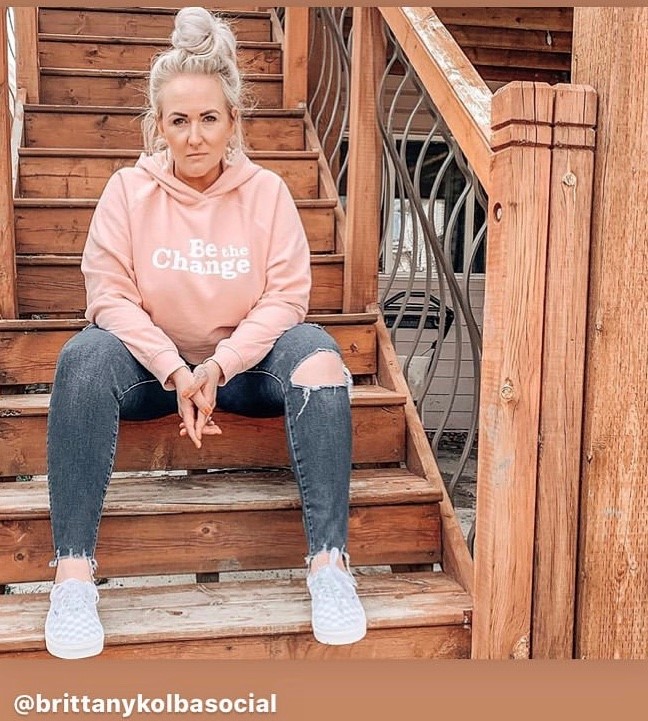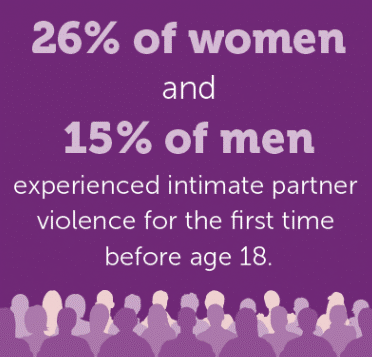Learn the Truth About Teen Dating Domestic Abuse
Gems for Gems is an incredible charity which focuses on the economic recovery and empowerment of survivors of domestic abuse. I am a proud ambassador of this charity and I encourage you all to learn more on their initiatives and how you can be involved.
In this article we are discussing a topic that I personally feel connected to, with a child entering high school for the first time and knowing she will be up against some unique challenges. I intentionally chose to educate myself on the following topic so that I am not in the dark and can be informed. As parents, we often must be a few steps ahead of our kids so that we do not get blindsided by situations that we only hear about when it happens to someone near and dear to us.
As classes resume, during an already unconventional time, parents are anxious and nervous with many thoughts on how to keep their children safe from Covid-19. There are opinions, and options and many of us are feeling overwhelmed. But there’s another risk for our teens that is not spoken often about, nor is it often thought of as a risk factor, and that is teen dating abuse.
We are currently unaware of how the last six months of isolation will affect long term mental health, but there is a strong belief that the repercussions of this time period will be long lasting. The incidence and statistics on teens and depression was already staggering before this, and assumptions can be made that Covid-19 fears, anxiety, social distancing, and media reporting will only see those numbers increase. An individual suffering from depression makes an easy target for relationship power struggles which can lead to various forms of abuse. They often think that obsessive, controlling, and manipulative behaviour is how one shows seriousness in a steady relationship.
Teen dating abuse is just as serious as adult domestic abuse and does not discriminate or take a back seat. And it’s more common than you think. About 2 in 10 teen girls say they have been physically or sexually abused by a dating partner. About 1 in 10 teen boys reports abuse in dating relationships. Lack of experience in the dating world makes teens especially high risk for abuse as they are not acutely aware of what is right and wrong in a romantic relationship.
Teen dating abuse is defined as a pattern of abusive behaviour used to control the other person. It is not always physical and can include any kind of physical violence or threat of physical violence to get control. It can include emotional or mental abuse. This can include things such as playing mind games, making you feel crazy, gaslighting, constantly texting you, making you feel guilty for spending time with others, or constantly putting you down or criticizing you. Remember, dating someone should feel good, and if there are constant feelings of negativity, it is a huge red flag.
Sexual abuse is another form of dating abuse and can include making you do anything you don’t want to do, refusing to have safer sex, or making you feel bad about yourself sexually. Again, if it doesn’t feel right, it’s probably not.
Like it was mentioned earlier, teen relationship abuse affects all types and does not discriminate. It doesn’t care where you live, how much money your parents make, your grade, your religion or race, what you where or your sexual orientation. It can happen to anyone and often comes out of nowhere. Abuse often creeps in without warning and can often be disregarded because there is love, happiness and laughter mixed in with the abuse. Many times, the survivor will say that while yes, they suffered abuse, the abuser was “so kind” or “so funny” so they allowed the abuse to slide for some time. It disguises itself often and is a hard experience to come to terms with.
Relationship abuse is not just dangerous for you physically and emotionally. It can also put you at risk for other health problems, such as mental health deterioration, lowered self-esteem, eating disorders, self harm and suicidal thoughts and attempts. Risky behaviour is also increased in those involved with an abuser, including alcohol and drug use, STD’s and teen pregnancy.
Red flags to be on the lookout for include, but are not limited to:
- Excessive calling, texting, private messaging
- Jealousy
- Controlling who you see, where you go, what you do
- Degrades you, makes you feel like no one else would want you.
- Accusations of flirting and cheating.
- Yells at you or humiliates you, either behind closed doors or publicly.
- Threatens to or follows through with destroying your personal property (phone, laptop, etc)
- Threatens self harm or suicide because of you.
- Mood swings and unpredictable behaviour. Angry and yelling one minute to apologizing the next.
- You feel as though you are walking on eggshells.
- Controls what you wear or your appearance.
- Pressures or forces you into having sex or going farther than you have said you want to.
- Causes physical harm: grabbing, pushing, shoving, choking, punching, slapping, restraining, throwing objects or any other sort of physical threat.
What Can I Do?
As a parent, adult, or other figure of authority, it is important to listen, and to take the concerns seriously. Invalidating the abuse can lead to further abuse and avoidance of asking for help in the future. Listen to the teen and give them your support, and accept what they are telling you as the truth. Express serious concern for their safety. When speaking to the teen being abused, discuss the behaviors, not the person. After discussing the options, decide on next steps together and act accordingly.
As a teen, let your friend know that you’re worried. Help them see that the abuse is not their fault and the behaviour is not normal. Be supportive and listen carefully, acknowledge their feelings and be respectful of their decisions. Let them know that you are there for them and walk them through community resources that will assist them in ending the abusive relationship as well as healing from it.
Contacting their abuser can swiftly make things worse for you friend. Do not spread rumours, post negative things about them online, or anything else that will quickly anger an already abusive individual.
We would love if you shared this article with a teen you know, or their family and follow us on social media for more information on how to end the cycle of abuse in all walks of life.
Author: Calgarian Influencer, Gems for Gems Ambassador and loving Mama, Brittany Kolba’
Published September 1, 2020





